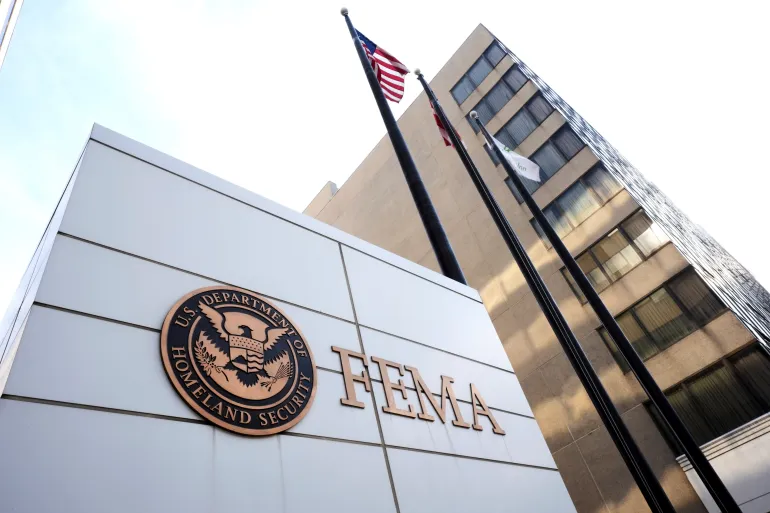On May 9, 2025, David Richardson, the newly appointed acting director of the Federal Emergency Management Agency (FEMA), delivered a stark message to agency staff, signaling a significant shift in the agency’s leadership and direction. In an agency-wide call, Richardson asserted his authority, stating, “I — and I alone in FEMA — speak for FEMA. I’m here to carry out the president’s intent for FEMA.” He further warned that any staff members opposing President Donald Trump’s vision for the agency would be met with uncompromising resistance: “Obfuscation, delay, undermining. If you’re one of those 20 percent of people and you think those tactics and techniques are going to help you, they will not, because I will run right over you.”
Richardson’s appointment follows the abrupt dismissal of former acting administrator Cameron Hamilton, who was removed after expressing opposition to dismantling FEMA during a congressional hearing. Hamilton had testified that eliminating the agency would not serve the best interests of the American public. His removal has raised concerns about the administration’s commitment to maintaining a robust federal disaster response infrastructure, especially with the hurricane season approaching.
President Trump has long criticized FEMA, suggesting that disaster management responsibilities should be shifted to individual states. He has advocated for reducing federal involvement in disaster response, arguing that state governments are better equipped to handle such situations. This perspective has been met with bipartisan concern, as critics argue that a diminished federal role could compromise the nation’s ability to effectively respond to large-scale emergencies.
Under Richardson’s leadership, FEMA is expected to undergo significant restructuring. Reports indicate that the agency has already experienced a reduction in its workforce, with approximately 2,000 employees either terminated or accepting buyout offers. This downsizing aligns with the administration’s broader efforts to streamline federal agencies and reduce what it perceives as bureaucratic inefficiencies.
The changes at FEMA have sparked debate among policymakers and emergency management experts. Some warn that the agency’s reduced capacity could hinder its ability to respond effectively to disasters, potentially putting lives at risk. As the nation faces increasing threats from natural disasters and other emergencies, the direction and preparedness of FEMA remain critical concerns for both the government and the public.
Source; Al Jazeera

